India has proved the doomsayers wrong; it has progressed a lot in the last 75 years, but it has to do a lot more
The Narendra Modi Government is celebrating the 75the anniversary of Independence with massive fanfare, calling it Azadi Ka Amrit Mahotsav. Patriotism is in the air—quite literally—as competing with the Prime Minister in the display of tiranga is Delhi Chief Minister Arvind Kejriwal. Then there are intellectuals, most of them Left-
liberal, who are sullenly watching the march of Modi’s nationalism which they intensely dislike. But if one objectively looks at the three quarters of a century of India as an Independent nation, one has to recognise that, despite all the failings and shortcomings, it has been a successful journey. The very fact that our nation still has the same boundaries and the same Constitution is itself a very comforting fact. When India became Independent, not many people in the world gave much of a chance to it to survive for too long as a democratic republic; and the fears and misgivings were real, not the results of conspiracy theories. It was a poor country, beset with all kinds of problems; it was even struggling to feed its teeming millions—a situation that continued for more than two decades after Independence. The net per capita availability of food-grains ranging from 127 to 145 kg in 1946, it was 180.3 kg in 2018. Life expectancy was just 31 years, which has now crossed 70 years. The infant mortality and maternal mortality rates were very high, while education levels were very low.
Besides, there were mind-boggling diversity and divisive forces; apart from the eternal bane of caste, there were Hindu-Muslim communal tensions, militant regional/sub-nationalist movements, and other disruptive elements. But India survived in the early years, which was attributed to the towering personality of Jawaharlal Nehru, so people asked ‘who after Nehru.’ He died 58 years ago, the years in which the country faced humungous problems, from the Malthusian prospects in the 1960s to a brush with dictatorship (the Emergency, 1975-77) to militancy in Punjab and jihadist separatism in Kashmir to the economic crisis in 1991. But India has not perished, neither as a nation nor as a democratic republic. This is not to say that all is well with our democracy and our republic. Our democracy has been weakened by several insidious mechanisms, the prominent among them being the anti-defection law. The republic has been undermined by all governments by way of introducing illiberal changes in the Constitution itself, beginning with the First Amendment in 1951, which curtailed the Fundamental Rights to Freedom of Expression and Property; the latter eventually ceased to be a Fundamental Right, getting reduced to a legal right. Similarly, while a lot of economic development has taken place in the last 75 years, India remains a poor country; with its per capita income of around $2,300, its rank in the world is 144. India has progressed a lot in the last 75 years, but it has to do a lot more.







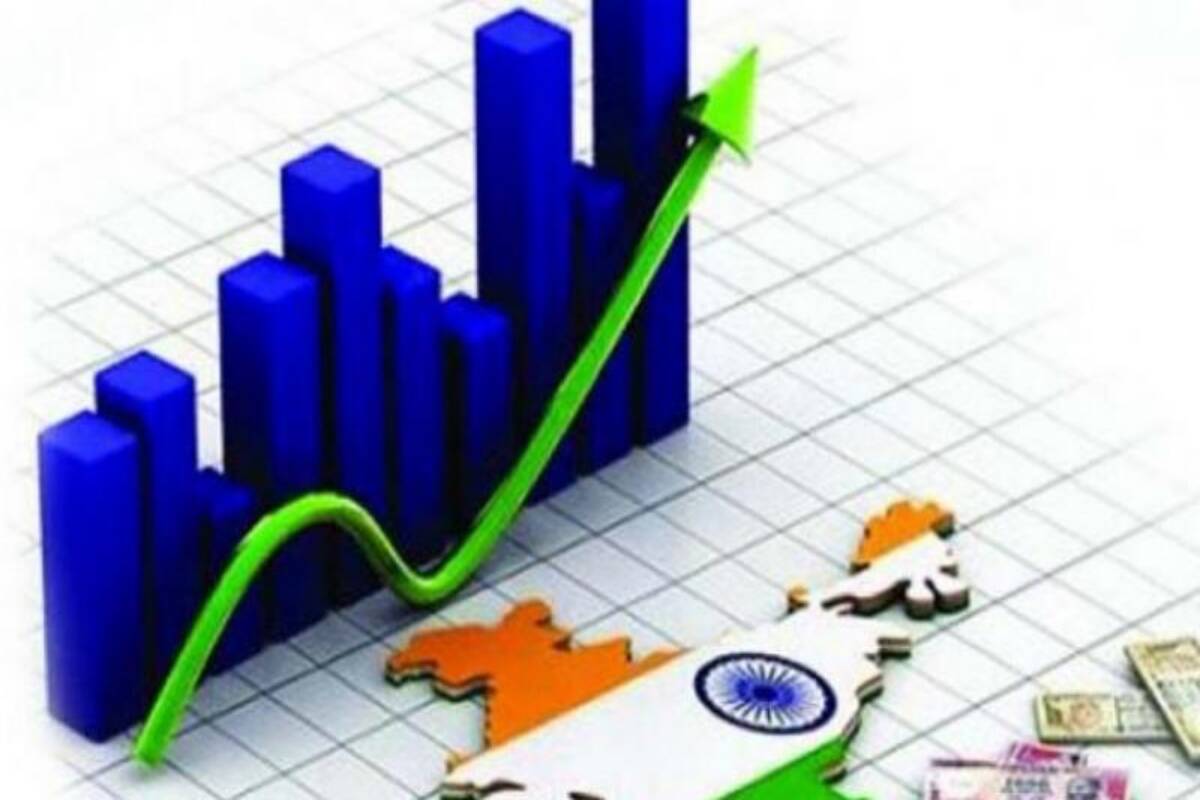
 OpinionExpress.In
OpinionExpress.In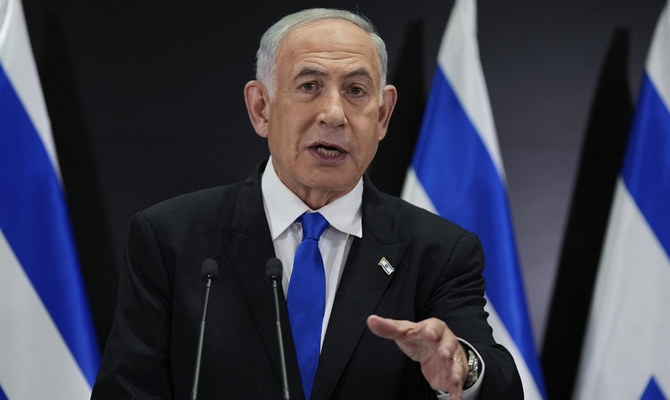

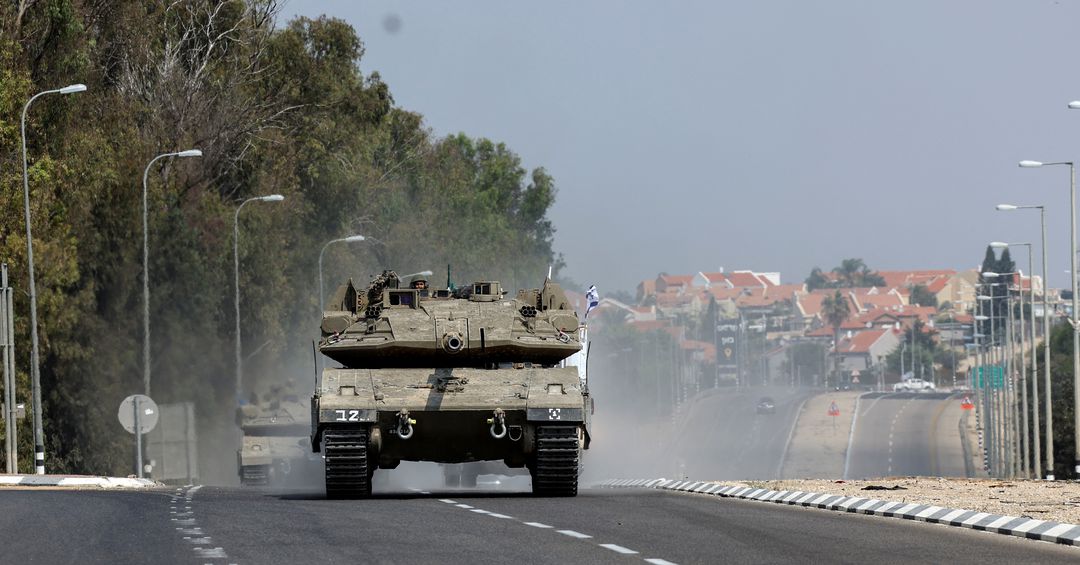
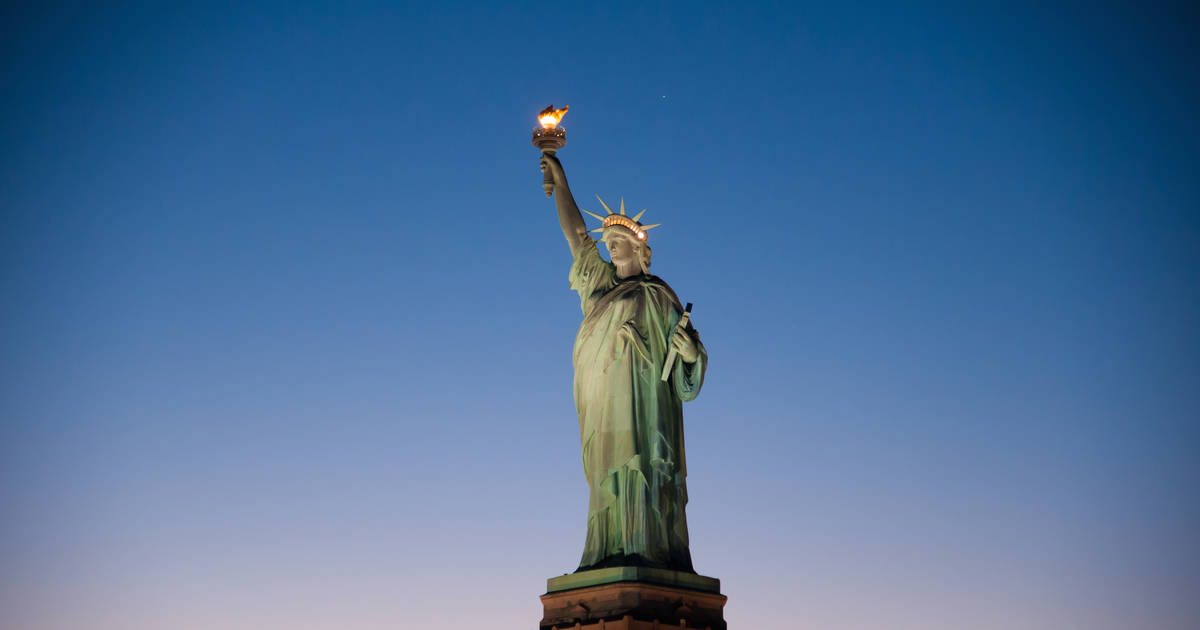
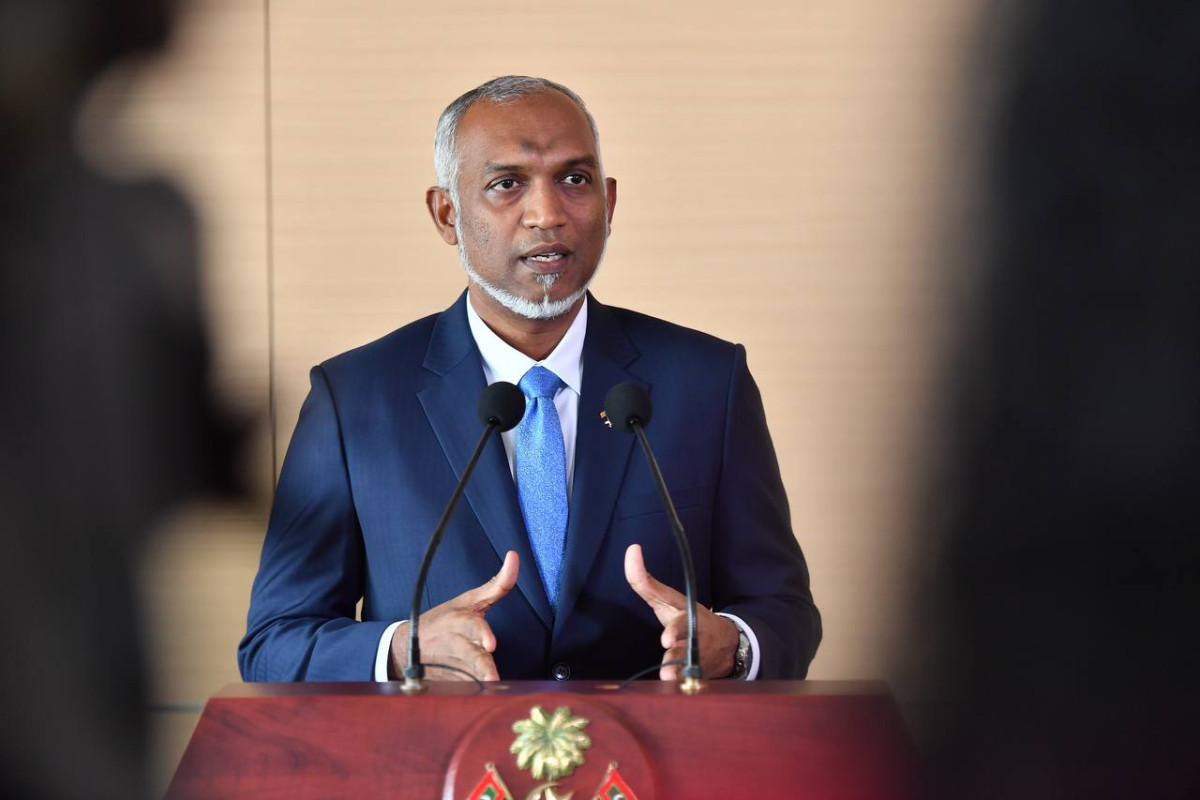
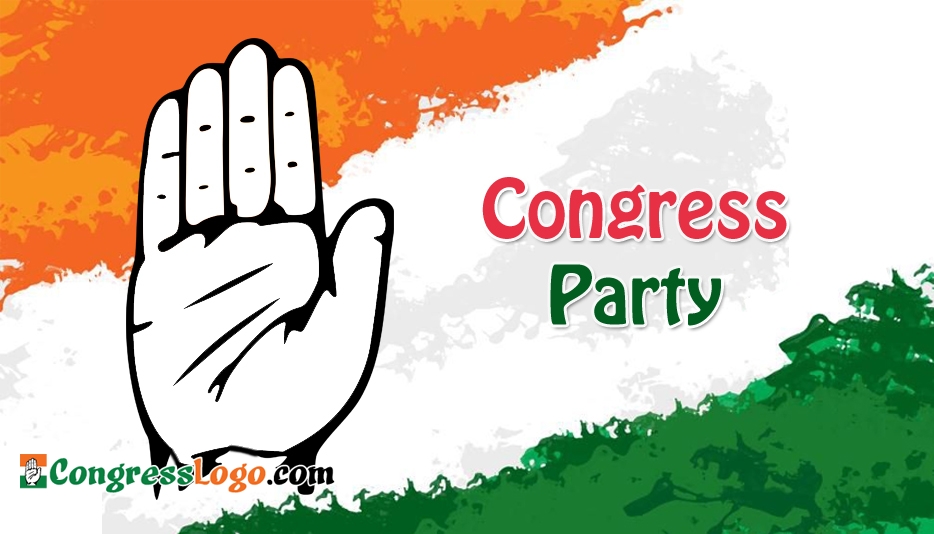
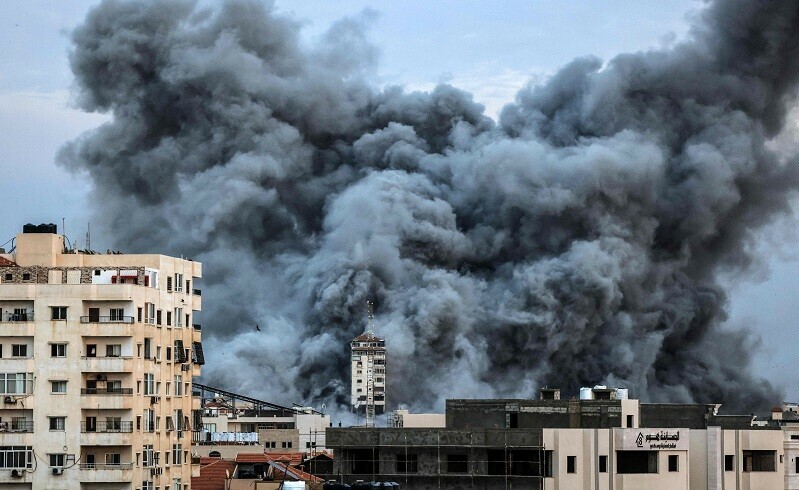

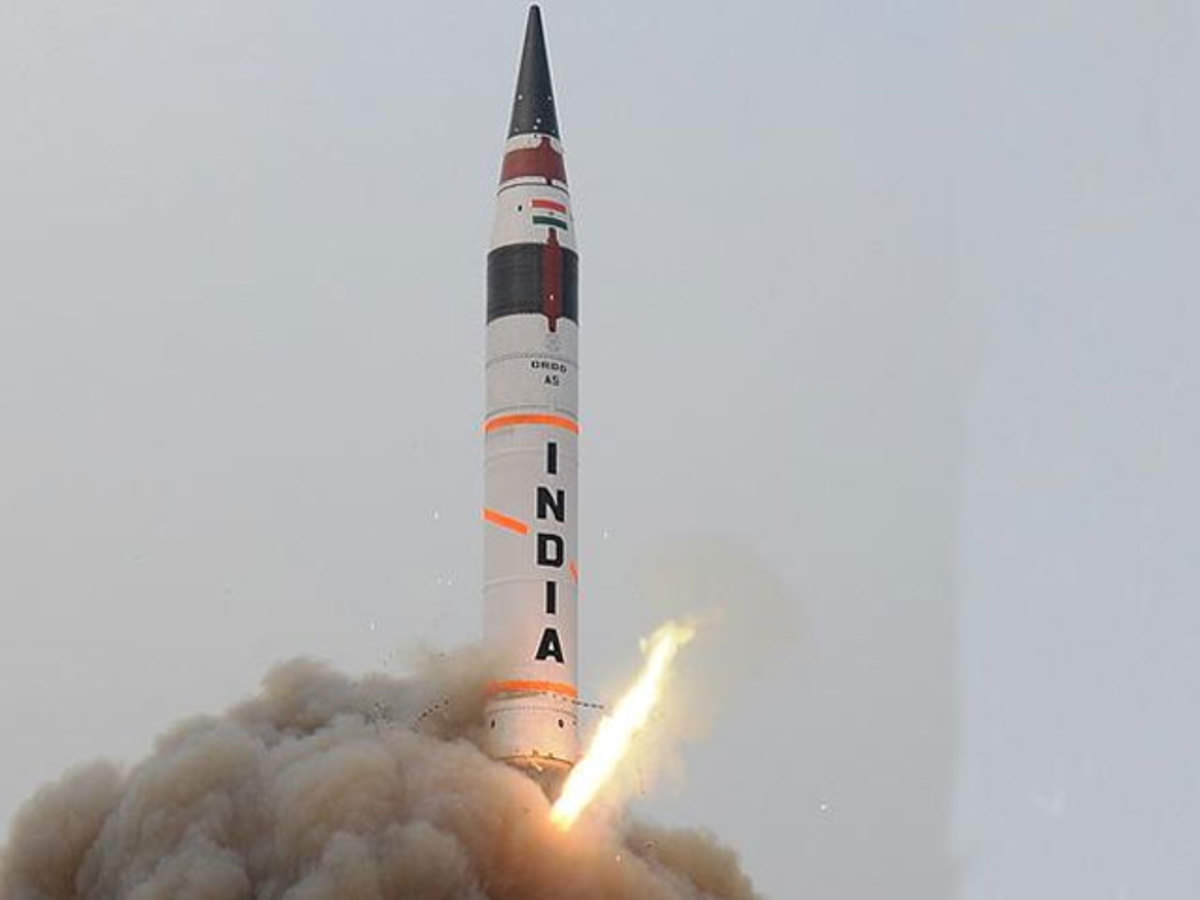
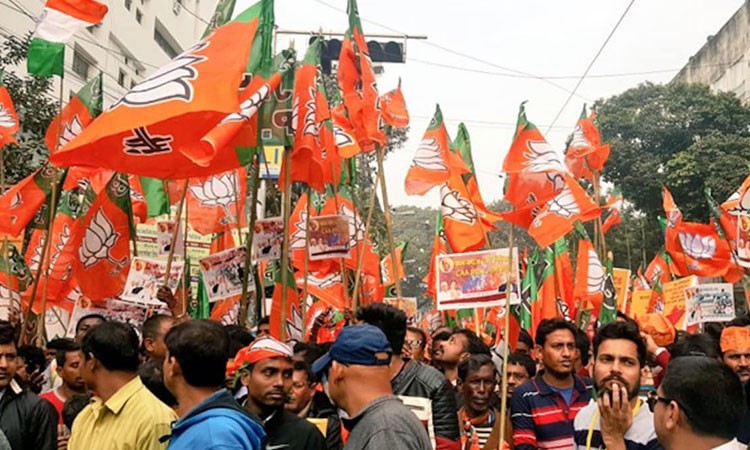






Comments (0)